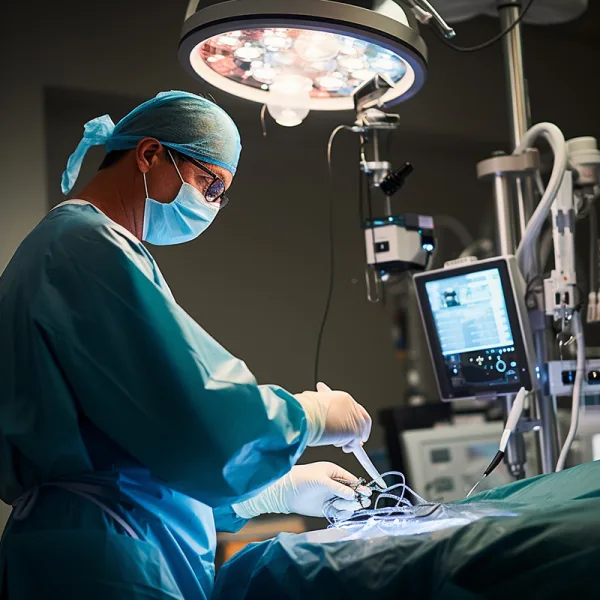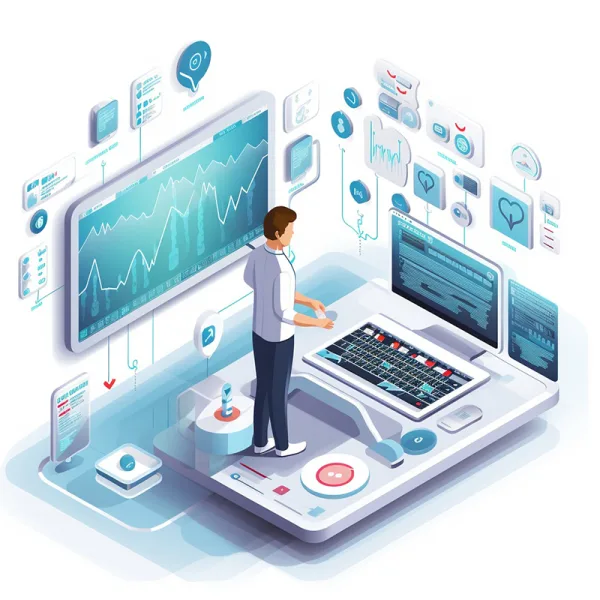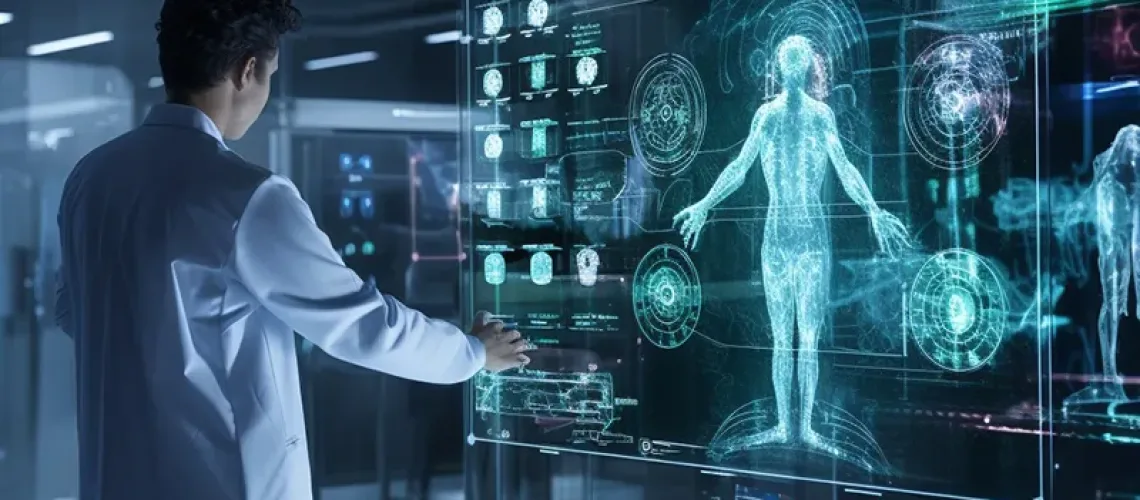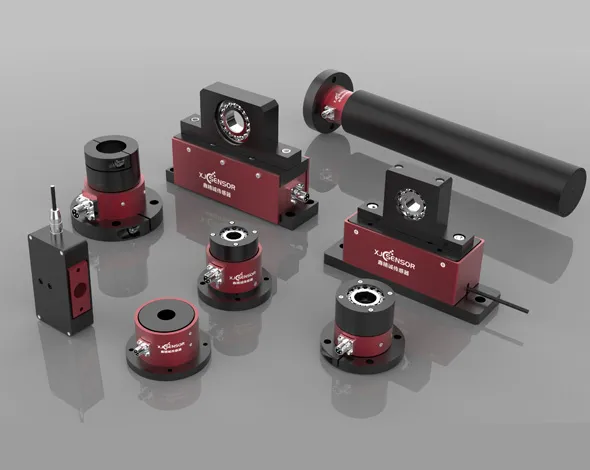In the past few years, the healthcare industry has seen a big change because of better technology. AI sensors have improved medical robotics, making healthcare more precise, efficient, and caring. AI sensors are transforming healthcare by advancing medical robotics. They can improve diagnostics, surgeries, patient monitoring, and overall healthcare results.
Augmenting Diagnostics with AI Sensors
AI sensors play a pivotal role in augmenting diagnostic capabilities in healthcare. Healthcare professionals can collect precise data by adding sensors to medical devices and imaging systems. This helps them make better and faster diagnoses. AI algorithms analyze sensor data to provide real-time insights and help identify diseases, anomalies, and conditions early. AI sensors help healthcare providers make better decisions, leading to improved treatment plans and patient outcomes.
Precision Surgeries with AI Sensors
AI sensors are transforming surgical procedures by enabling greater precision, control, and accuracy. Surgical robots use AI sensors. These sensors help surgeons see better, get feedback, and track motion. These sensors help during small surgeries by measuring accurately, checking tissue, and guiding the surgeon. Surgeons can use AI sensors for less invasive surgeries with shorter recovery times, keeping patients safer.


Continuous Patient Monitoring and Care
AI sensors enable continuous patient monitoring, enhancing healthcare delivery and patient care. Wearable sensors with AI technology track vital signs, find abnormalities, and watch patient activities. By monitoring in real-time, individuals can detect health issues early and intervene. AI algorithms analyze sensor data, alerting healthcare providers to critical situations . AI sensors help healthcare professionals check patients, customize treatments, and improve patient outcomes.
Enhancing Rehabilitation and Assistive Technologies
AI sensors are revolutionizing rehabilitation and assistive technologies, empowering individuals with physical disabilities. Sensor-based wearable devices enable precise motion tracking, muscle activity monitoring, and gait analysis. AI sensors capture data on movement and muscle activity. This helps design personalized rehabilitation programs and improve prosthetics and exoskeletons. AI sensor technology helps people move better, do more things, and have a better life.
AI sensors are being added to medical robots, changing healthcare as we know it. AI sensors are important for healthcare. They help with diagnostics, surgeries, monitoring patients, and rehab. Healthcare providers can use AI and sensors to improve diagnoses. They can also do less invasive surgeries and care for patients continuously. It also helps individuals with physical disabilities. AI sensors are getting better in medical robotics. This leads to improved patient outcomes and quality of life.



